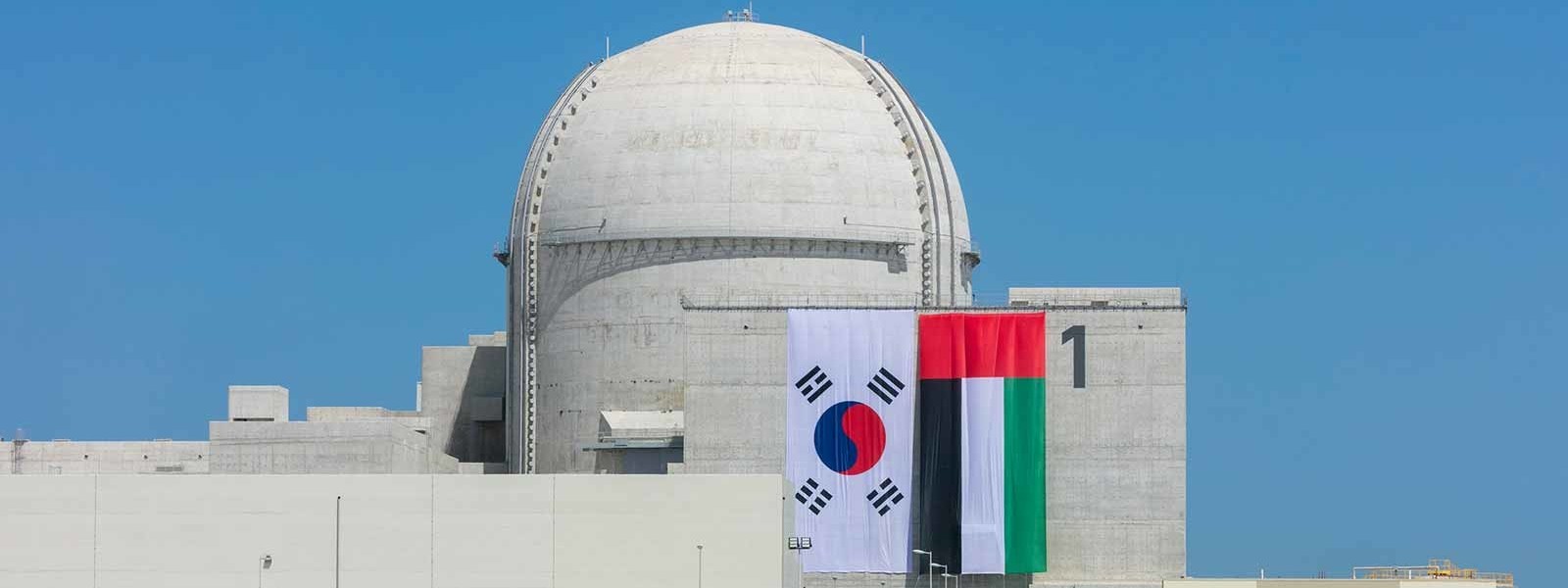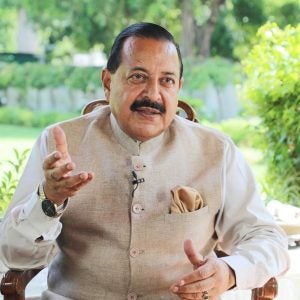 The US government has rejected Korea Hydro & Nuclear Power’s (KHNP’s) report on the tender for a nuclear power plant project in the Czech Republic. This has increased concerns that Korea’s plans to boost its nuclear reactor exports may continue to be stalled by ongoing litigation with Westinghouse Electric Company.
The US government has rejected Korea Hydro & Nuclear Power’s (KHNP’s) report on the tender for a nuclear power plant project in the Czech Republic. This has increased concerns that Korea’s plans to boost its nuclear reactor exports may continue to be stalled by ongoing litigation with Westinghouse Electric Company.
The documents, which were submitted to the US District Court in Washington, showed that KHNP had submitted the relevant paperwork to the Department of Energy (DOE) in December in compliance with the US Code of Federal Regulations. This requires DOE approval, or a prior report to the DOE, in order to transfer certain nuclear power technologies.
According to the Code, companies planning to export NPPs to the Czech Republic only need to report the activity within 30 days of the beginning of related operations. Having taken the necessary steps, KHNP said it should have been given the right to export its NPPs to the Czech Republic. However, ongoing litigation with Westinghouse is complicating the situation.
In January, DOE said in a letter to KHNP that the report to DOE must be submitted by "US Persons”, namely Westinghouse, which earlier filed a lawsuit with a US federal court against KHNP and Kepco. Westinghouse in October 2022 alleged that Korea’s APR1400 reactors were copied the System 80 reactor designed by Combustion Engineering, which was acquired by Westinghouse in 2000. The litigation was a move by Westinghouse to stop the Korean companies stop them from selling reactors to Poland, which was then evaluating offers from Westinghouse, KHNP and France’s EDF to supply its first commercial NPP. Although Westinghouse won that tender from state-owned Polskie Elektrownie Jądrowe for its AP1000 technology, Korea subsequently signed an agreement with a private companies ZE PAK and PGE (Polska Grupa Energetyczna) to supply its APR1400 reactors at another site.
Westinghouse insists that the Korean companies are using its technologies and so they need to obtain the approval of the US government before exporting them to a third country. Westinghouse company is also asking the court to block KHNP’s potential deal with Saudi Arabia.
Korea, on the other hand, claims that, while early development of its reactor technology was supported by Westinghouse, the current models it is seeking to export were developed using its own technologies and are not subject to US restrictions. KHNP says the company has developed original reactor technology over the past 30 years and now owns the intellectual property rights to its nuclear power plant technology.
“We have decided that the best course of action is to accommodate DOE’s response and its request that KHNP works with (Westinghouse) in order to prevent further complication of the issues pending in the case between Westinghouse and KHNP,” said KHNP in a letter to Westinghouse. “Accordingly, we expect that Westinghouse will take actions as it deems necessary to file a report with DOE regarding submission of KHNP’s bid,” it added.
KHNP issued a statement later the same day saying that the US government was not blocking exports to the Czech Republic, and explaining that the letter from the DOE was a response to instruct the procedures. "Regarding the Czech Republic's nuclear power plant project, KHNP submitted its bid in November and the bidding process of the open competition is ongoing," it said.
For the time being, the legal wrangling continues. Westinghouse and Kepco/KHNP had until 17 March to resolve their failure means shifted from the US District Court for the District of Columbia to the Korean Commercial Arbitration Board. The origins of the dispute go back to 2017, when Riyadh issued a request for information to five vendors: France's EDF, Russia's Rosatom, China National Nuclear Corp, Kepco and Westinghouse. The Korean companies in the meantime had won the tender to build four APR1400 units in the United Arab Emirates. The Al-Barakah NPP project is now almost complete – on schedule and on budget. South Korean President Yoon Suk-yeol has made nuclear central to his energy and trade policies and aims to export 10 reactors by 2030.
In January, the UAE pledged a $30bn investment in South Korea "strengthening strategic cooperation in the four core cooperative sectors of nuclear power, energy, investment and defence” and agreed to strengthen nuclear co-operation, including "joint advancement into third countries”.
The Investor noted: “The commercial possibility here is that Abu Dhabi's money might backstop a Korean nuclear export drive – possibly through equity or debt investments in Korean-supplied newbuilds – in a way that makes Kepco and KHNP frightening competition for Westinghouse.” It added: “Not only does Westinghouse see a commercial necessity, therefore, in blocking Kepco and KHNP from competing for newbuild business in Poland, the Czech Republic and Saudi Arabia, it wants to reassert its dominance in the global nuclear export market.”
Saudi Arabia is one of the few markets where the Korean firms and Westinghouse are no longer direct competitors. Westinghouse was excluded from Riyadh's large reactor newbuild tender at the beginning of 2022. This was largely because of US conditions whereby any country importing US technology must signs a legally-binding commitment to not pursue uranium enrichment or reprocessing. Washington, further, in 2021 signed a bilateral agreement with South Korea pledging to only export reactors to countries adhering to the International Atomic Energy Agency's Additional Protocol, which provides for stepped-up agency safeguards.
The Investor suggests that if settlement negotiations between South Korea and Washington fail, Kepco and KHNP “could continue to pursue reactor exports despite the legal challenge and potentially suffer the commercial and legal fallout from Westinghouse and Washington”. However, “Warsaw and Prague might be reluctant to move forward on Korean-supplied reactor deals if the US government applies enough pressure.” The Saudi deal, however, remains a possibility.
Image: Unit 1 of the Barakah nuclear power plant (courtesy of ENEC)






